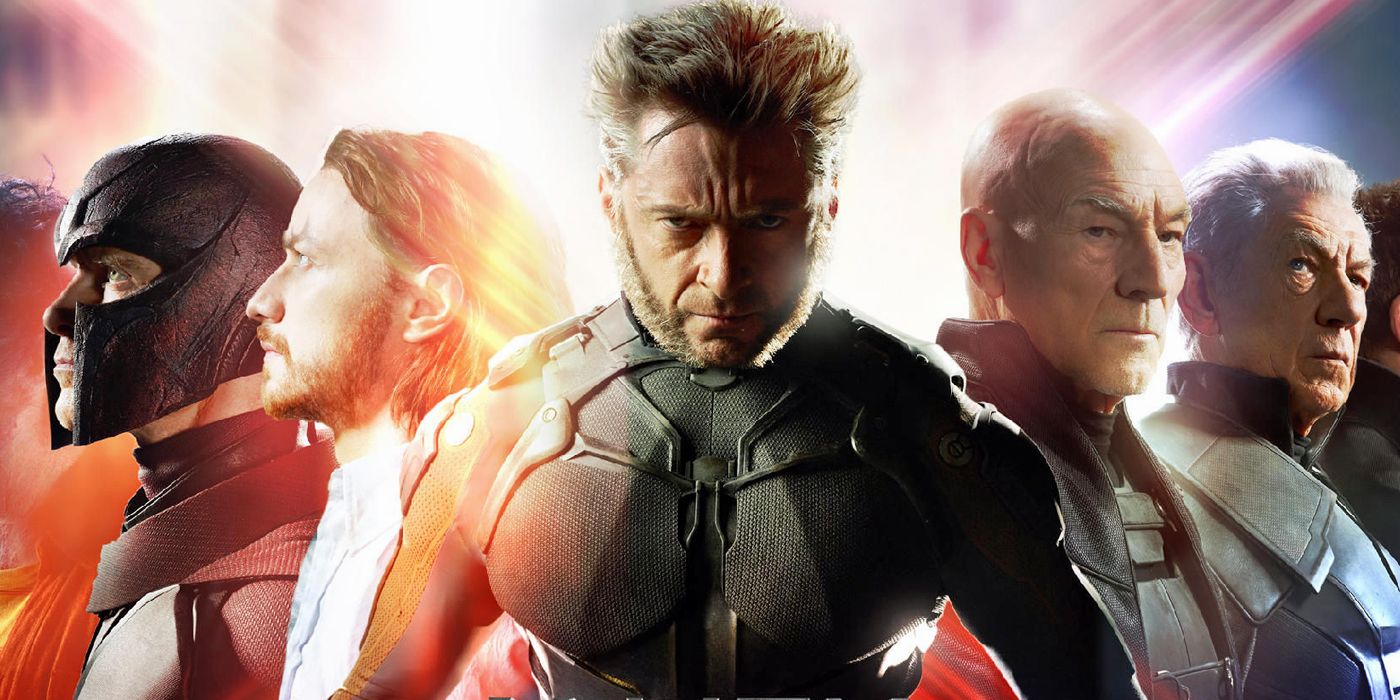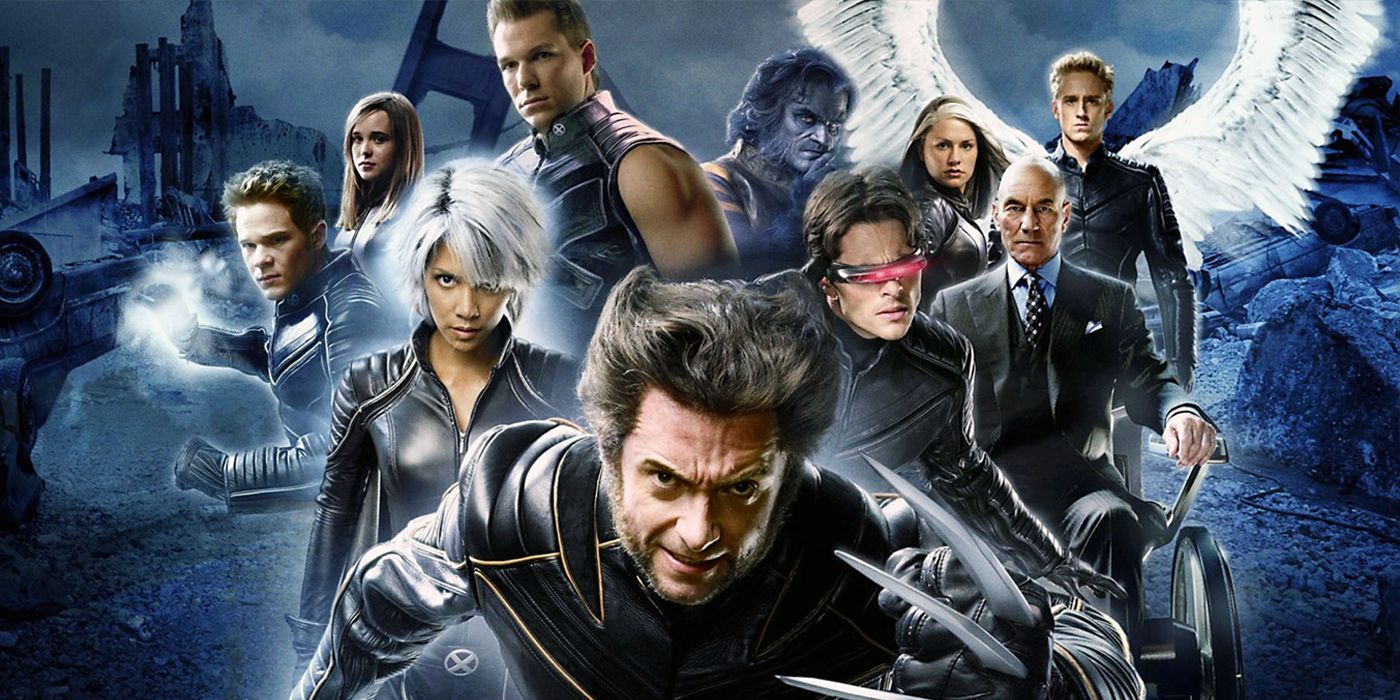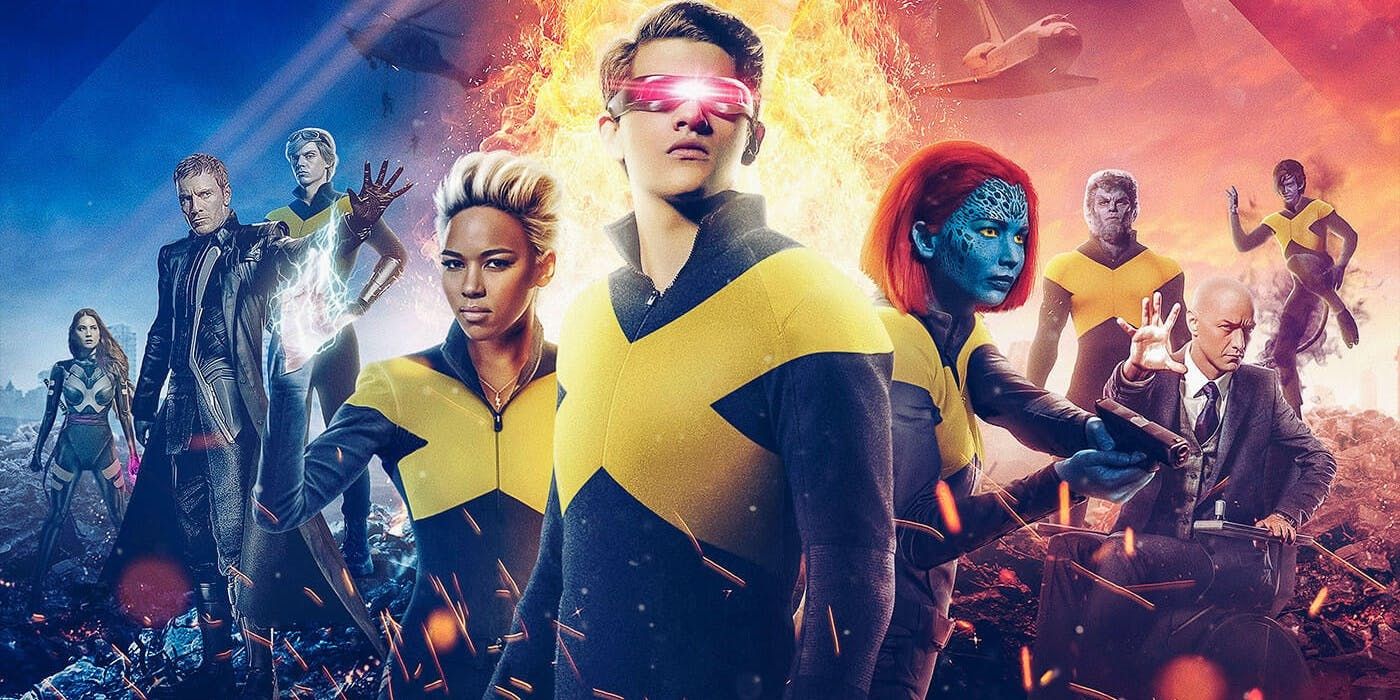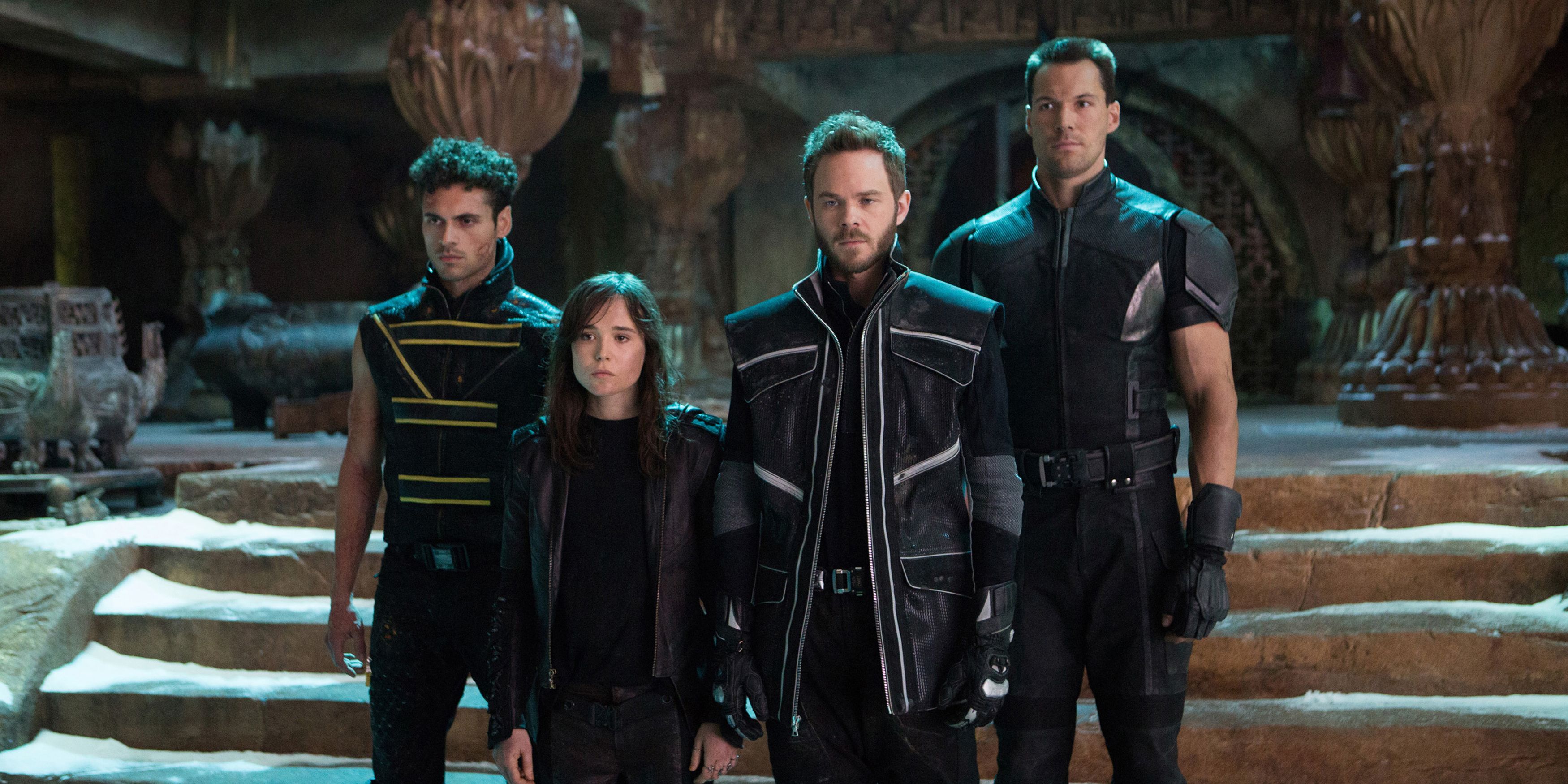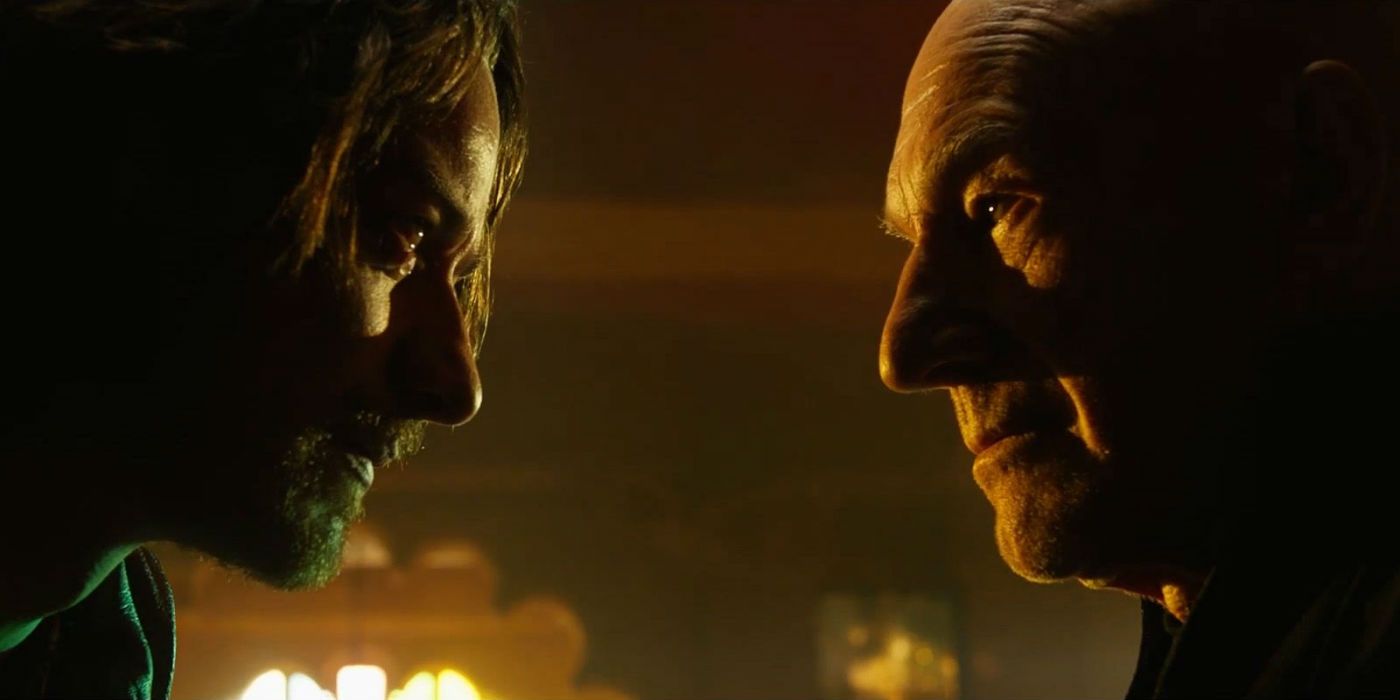Fox's X-Men franchise will close with Dark Phoenix, but many fans seem to have checked out of the decade-spanning series years ago. No one knows for sure why the franchise, once the biggest in the superhero genre, lost its luster. Many fans will tell you the last great X-Men film was Logan, but Logan serves as an epilogue to the franchise. To have an epilogue, you need a climax -- a peak. That peak was X-Men: Days of Future Past.
Why Did People Watch X-Men?
To understand why X-Men: Days of Future Past is the peak of the franchise, it's vital to understand what core elements fans cared about. The X-Men films, in many cases, were not about the team as a whole. Instead, they focused on three characters: Professor X, Magneto and Wolverine.
In addition to the philosophical debate between Xavier and Erik, audiences cared about Wolverine's story, both past and future. There was always a question of whether he'd encounter even more tragedy than he already had, and if he'd find his path after losing his way. Xavier helped guide Logan from his lowest low in X-Men Origins and the original X-Men film to savior of the world. Thanks to Xavier, Logan finds purpose.
In The Wolverine, without the Professor or any other anchor, Logan loses his way again. By the time the film ends, he becomes self-actualized and finds his place in the world, ready to help the revived Xavier save the future -- a future decided by Xavier and Erik's actions in the past, and the outcome of their philosophical debate regarding whether mutants and humans could coexist.
Mystique and the First Class
X-Men: First Class further develops the conflict between Professor X and Magneto by focusing on their early relationship with each other and those around them.
In the original X-Men trilogy, Mystique is Magneto's partner. She served as an extension of Magneto's philosophies and goals. To balance this out, the X-Men, though they had individual stakes and conflicts, served mostly as an ensemble to move Professor X's side of the story forward. They enacted his philosophy of human and mutant co-existence. Their goal was to fight for a world where everyone could live in harmony, regardless of if they had to stop wayward mutants or oppressive humans.
What X-Men: First Class did so well was set up the foundation upon which the original X-Men trilogy was built both philosophically and thematically. Audiences understood the context in which the X-Men were born, as well as why Magneto and Mystique went down a different path. Ths set up an expectation the conflict would continue onward and escalate from film to film, and that's true for the movie's first sequel, Days of Future Past, but not the other installments in the story.
While Days of Future Past the spectacle got bigger, and the conflict over whether mutants and humans could coexist climaxes. However, X-Men: Apocalypse doesn't build upon that dynamic. Apocalypse has nothing to do with Erik and Xavier's philosophies. It has to do with a mutant being bad.
The Darkest Hour
X-Men: Days of Future Past opens with the worst future. Humans finally prove that, no, they can't coexist with mutants. Humanity creates the Sentinels -- mutant killing robots -- who essentially overtake the planet, dooming the world to destruction.
The only way to stop this future is to travel back in time to stop the Sentinel's creator, Bolivar Trask, from ever being assassinated by Mystique, as that act spurs on the development of the Sentinels. Right there, the solution to the age-old debate is answered. If Magneto had his way, the world would be ruined. Mystique, as an extension of Magneto's will, proves that refusing to coexist results in destruction for both parties.
However, in a twist, the only person able to stop Mystique from killing Trask is Professor X, who has given up on his dream and is at the lowest point of his life, addicted to a drug that allows him to walk at the cost of his powers. He has lost his way. The only one who can save him is the man he would mentor decades later: Wolverine.
The Resolution
By the end of the movie, we see the debate between both the young and old Xavier and Magneto settled in a thematic, sound way. Xavier is revitalized and goes off to form the X-Men, while Magneto and Mystique are in better, more positive places. Audiences witness the resolution to a conflict central spanning the entire franchise until that point. And, when Wolverine returns to his future, audiences see humans and mutants are coexisting. The solution occurs because Logan completes his arc, teaching the man who would, one day, help him find his way.
Every conflict: complete. The story that audiences grabbed hold of ended.
Only the epilogue, Logan, remained.
Directed and written by Simon Kinberg, Dark Phoenix stars James McAvoy, Michael Fassbender, Jennifer Lawrence, Nicholas Hoult, Sophie Turner, Tye Sheridan, Alexandra Shipp, Kodi Smit-McPhee, Evan Peters and Jessica Chastain. The film arrives June 7.

